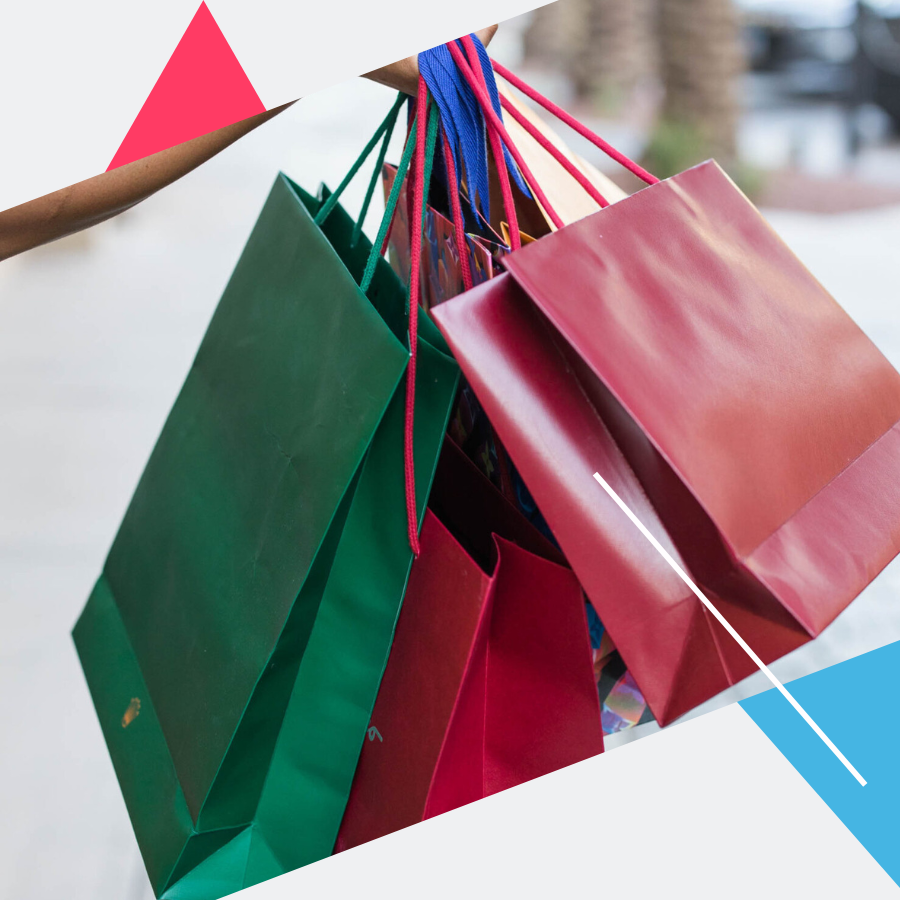This post may include affiliate links, which means we make a small commission on any sales. This commission helps Feminist Book Club pay our contributors, so thanks for supporting small, independent media!
When adopting new hobbies or interests, it may feel apropos to obtain every item related to said thing. Doing anything less would mean you’re not committed, of course. So, you go on the Internet and you see tons of tuned-in users telling you you need this item. The appeal is pretty understandable: You’re clicks away from a more complete life. Sign you up.
But what if I told you there is a growing facet of the Internet that’s dedicated to understanding why you don’t need to have it all? And better yet — why you’ll manage (even thrive) if don’t get that specific thing?
Welcome to the world of de-influencing, or a repudiation of gatekeeping, consumerism, and over-consumption.
When you’re presented with a laundry list of items that’ll apparently make you a true minimalist, de-influencing is an appeal to common sense. For instance, taking eggs out of their container to put them in a posh, simplistic acrylic container appears nice. But it’s also nonsensical; the carton not only already fulfills its job, but that clear container makes it harder to keep track of expiration dates. Not to mention you’re consuming more to appear as if you’re consuming less. And it’s not even making your life easier.
It’s important to note that de-influencing shouldn’t promote abelism. Some items may not be for you because they are not for you. What de-influencing should do is offer perspective when we are creating problems that are nonexistent just to purchase items that likely won’t fix them.
While some will sing de-influencing’s praises, others have offered that the trend, which presents itself as a criticism of late capitalism, covertly encourages “mindful” capitalism…which is still capitalism.
“While it might seem like de-influencing is addressing a problematic history of overconsumption and materialism, there might be something else beneath the surface. It’s not about mindful consumption. It’s not about sustainability. It’s simply influencing rebranded for the recession era,” Alexandra Koster writes for Refinery29.
Influencers are meant to be the “smart friend in your pocket,” who have the best tips and tricks for living your best life. The best influencers have always talked about things they liked or disliked. That’s literally what influencing is!
BuzzFeed News, “Sorry, But The ‘Deinfluencing Trend’ Is Just…Influencing”
While this is a fair point, it would be amiss to overlook that people without large followings, specifically individuals from marginalized and underrepresented communities, have gained a platform by taking the de-influencing route. De-influencing can and has facilitated discourse about why the online influencing landscape is painfully homogenous — and how that speaks to significant issues regarding consumption.
Suggested Reading:
Fashionopolis: Why What We Wear Matters by Dana Thomas
Consumed by Aja Barber – which I discussed in my fast fashion post and is a previous FBC book pick.
A Consumers’ Republic: The Politics of Mass Consumption in Postwar America by Lizabeth Cohen



I think irony of the Koster’s quote is that the term influencer isn’t really what the term influencing would be traditionally defined as. The only reason why it’s called that is because they don’t want to be called marketers. And de-influencing is just saying hey maybe don’t market and buy so much from these videos.